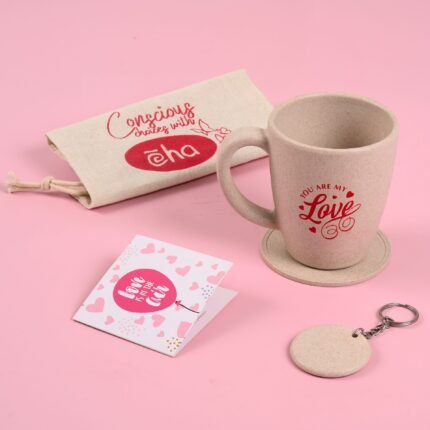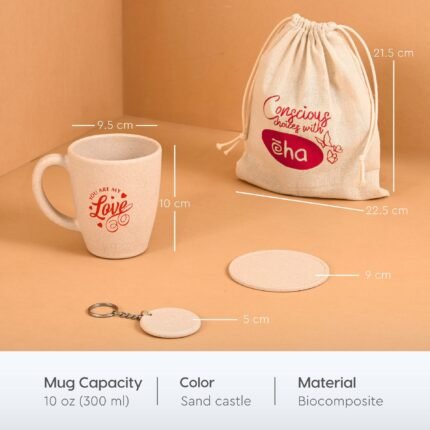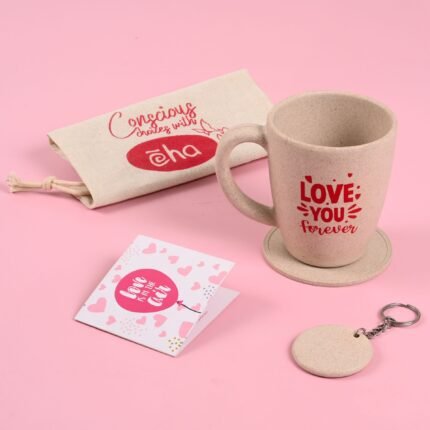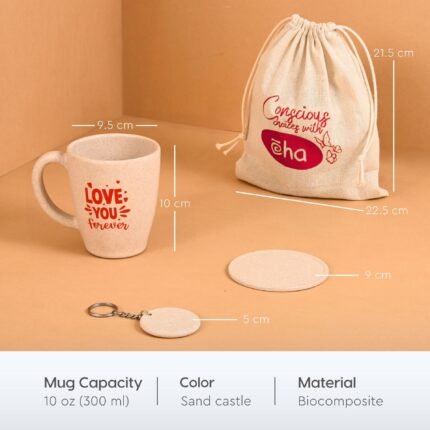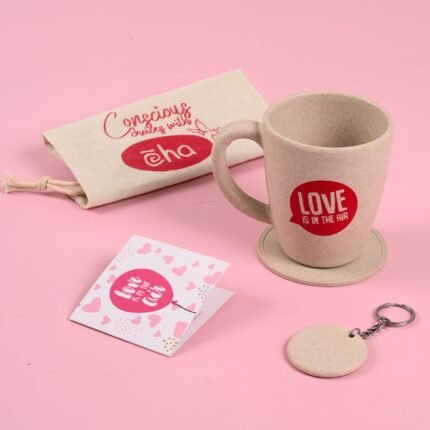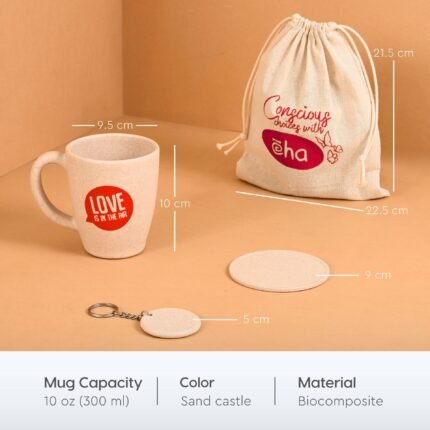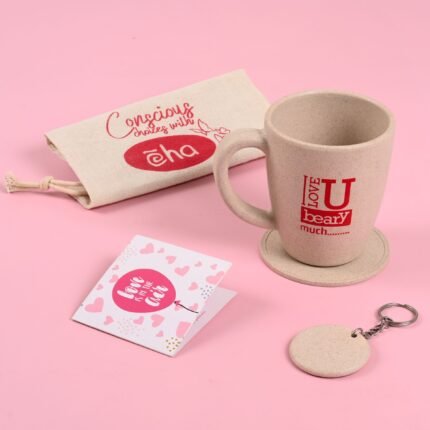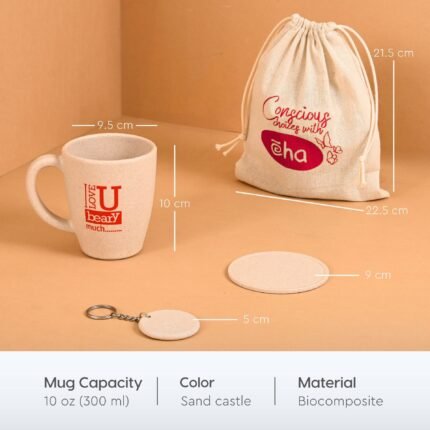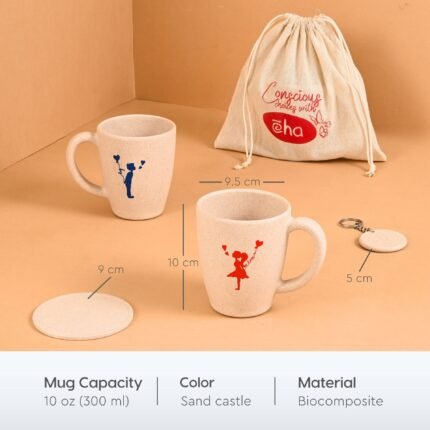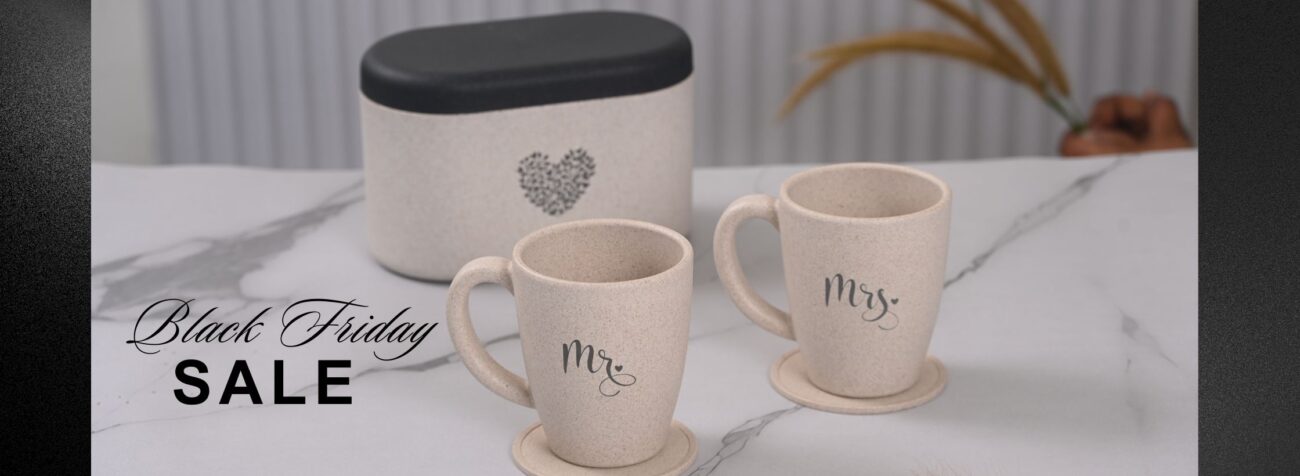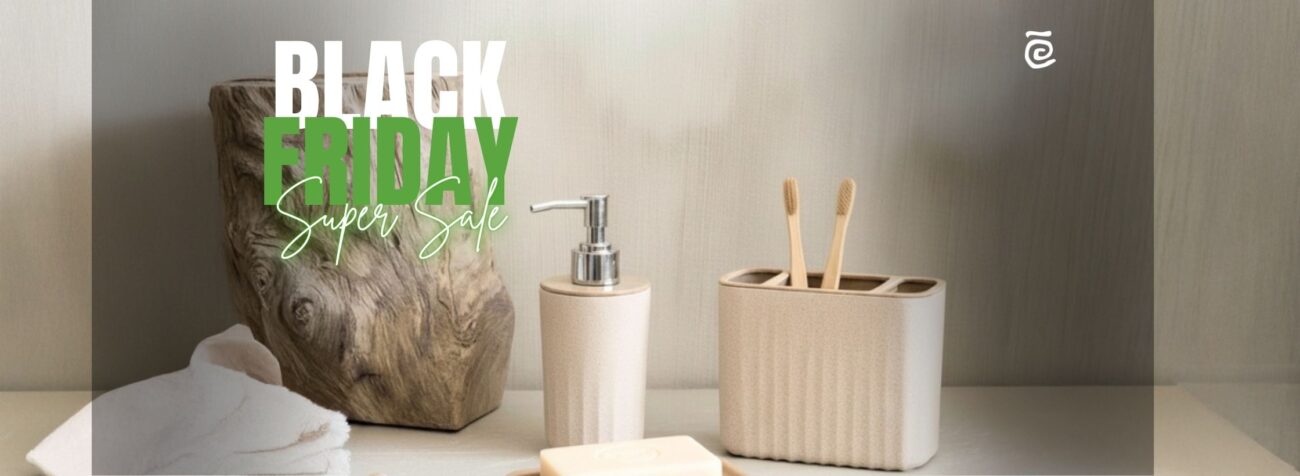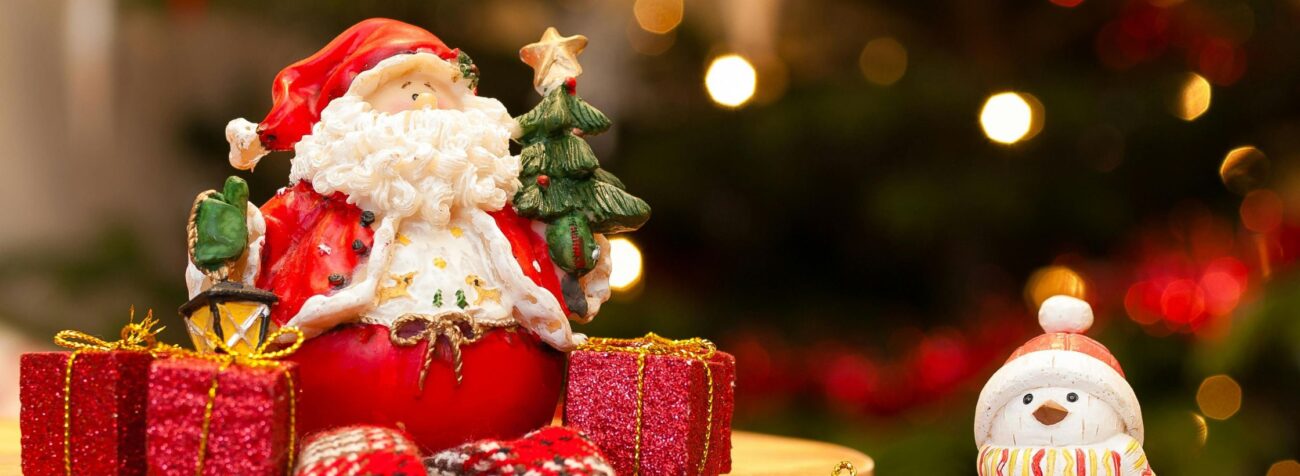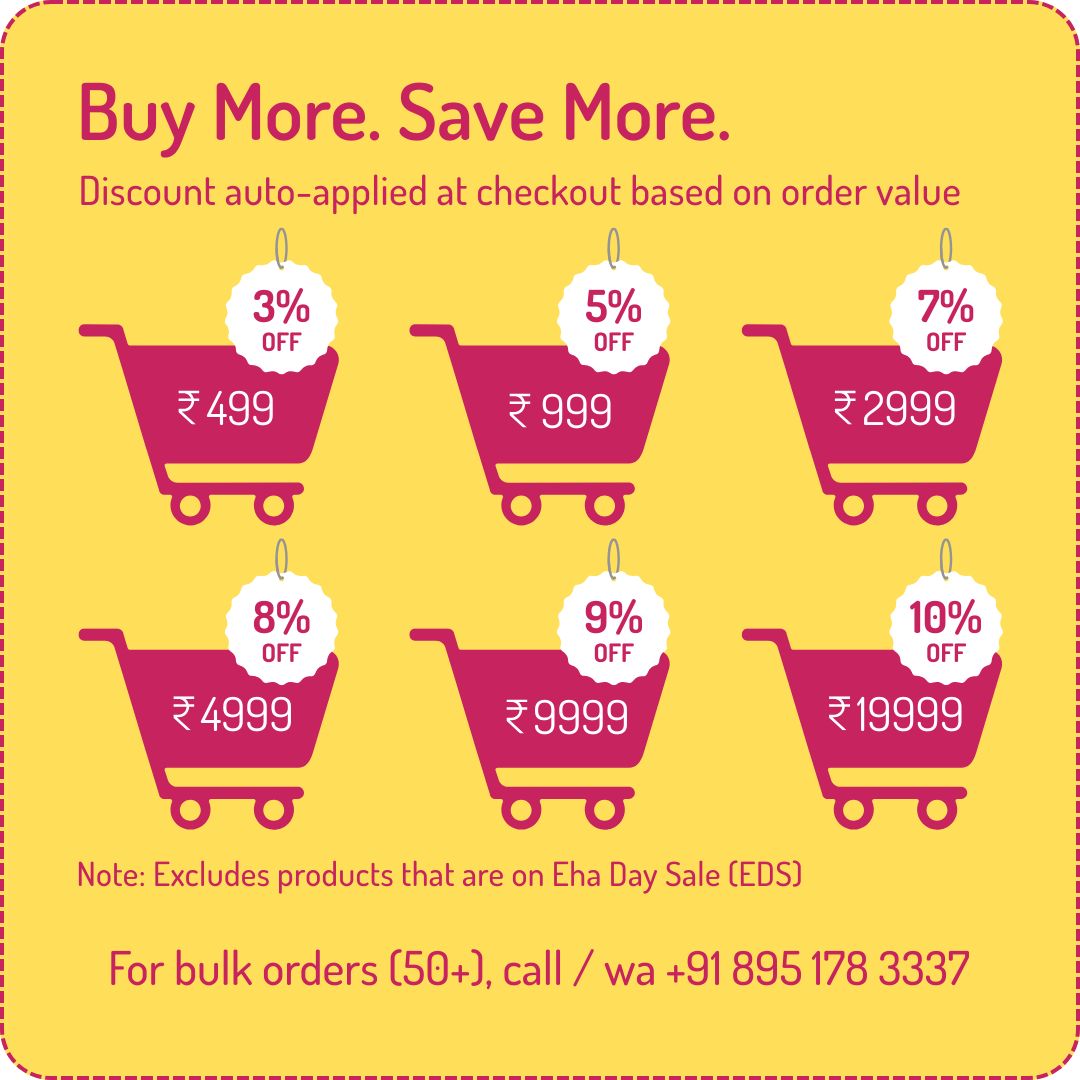The Psychology of Love: Understanding the Science Behind Valentine’s Day

The Psychology of Love: Understanding the Science Behind Valentine's Day
Psychology of love reveals how our brains are wired to form deep emotional connections, influencing everything from the way we communicate to the bonds we build with others.
Have you ever wondered why love feels so overwhelming sometimes? Why is it that one hug or simple gesture can turn a tough day around, and other times, you’re left questioning if what you’re feeling is even real? Well, you’re not alone in this. Love, especially on Valentine’s Day, tends to bring out a lot of mixed emotions. And it’s more than just flowers and chocolates. There’s real science and psychology behind how we connect with others and why certain actions or gifts make us feel loved.
Whether you’re in a long-term relationship, navigating the world of dating, or just enjoying the sense of community that comes with Valentine’s Day, understanding the psychology of love can help you connect on a deeper level.
Let’s dive into the science and psychology of love, especially when it’s wrapped in the excitement of Valentine’s Day, and how you can use it to create even more meaningful moments.
What is Love Really About? The Psychology Behind It
When you think about relationships, what comes to mind? For most, it’s all about trust, attraction, and emotional connection. But what does that mean from a scientific perspective? How do we go from being just two people living in the same world to forming a bond that can feel so powerful?
Psychology plays a huge role in shaping how we connect with others. At the core, our brains are wired to look for emotional and physical connections that make us feel safe and valued. But there’s more to it than just finding someone who “feels right.”
Here are some key factors that explain the psychology of love:
- Attachment theory: This theory suggests that how we form relationships as adults is shaped by the attachments we formed with caregivers in childhood. These early bonds influence how we approach relationships throughout life.
- Oxytocin: Often referred to as the “love hormone,” oxytocin plays a major role in forming emotional bonds. It’s released during physical touch, like hugging or kissing, and even during moments of intimacy. It’s also a major reason why a simple hug can make you feel instantly better.
- Similarity and familiarity: The science behind attraction suggests that we’re drawn to people who share similar values, interests, and backgrounds. This explains why so many successful relationships are built on shared experiences and connections.
Valentine’s Day: A Celebration of Love and Connection
Now that we understand a bit about the psychology of love, let’s talk about Valentine’s Day. It’s a day where people all around the world celebrate love, but it can also feel like pressure. Should I get something expensive? Is it the right time to propose? What should I write on the card?
Let’s be real—Valentine’s Day doesn’t have to be about extravagant gifts or perfect moments. The truth is, people appreciate the thoughtfulness behind a gesture more than the price tag. Think about it—gifting something meaningful that reflects your connection to someone, like a sustainable mug or an upcycled planter, will stand out way more than something mass-produced.
Here’s why it works:
- Thoughtfulness trumps materialism: A personal, handpicked gift shows you understand someone’s needs and preferences.
- Small, meaningful actions: Whether it’s a simple note, a handmade card, or a sustainable gift like eco-friendly storage solutions for their office, it’s the thought and effort that counts.
The Science of Gift Giving on Valentine’s Day
Speaking of gifts, did you know that gift-giving is not just about the act itself but the emotions it generates? Studies show that when you give someone a gift, it triggers areas of the brain associated with pleasure. And when that gift feels personalized or meaningful, it strengthens your bond with that person. This is exactly why unique Valentine’s Day gifts—like upcycled tableware or biodegradable cups—have such an impact.
Here are a few reasons why gifting works so well:
- Emotional reinforcement: When someone receives a meaningful gift, they associate positive feelings with you. The brain releases dopamine, which is the “feel-good” chemical, creating an emotional connection.
- Physical touch and gifts: If you’ve ever given or received a hug with a thoughtful gift, you know how powerful it can be. The combination of emotional connection and physical touch strengthens your bond.
- Creating shared memories: Giving a gift that reflects someone’s personality or passions—like a planting kit for a gardening enthusiast or a reusable storage solution for someone who loves organization—helps create lasting memories tied to the gift.
Sustainable Love: Gifts that Give Back to the Planet
On Valentine’s Day, we want to show love not just to our partners but also to the planet. In line with the growing focus on sustainability and eco-conscious living, it’s important to consider gifts that don’t just show affection but also contribute to a greener, healthier planet.
Here are a few ways to merge love with sustainability:
- Upcycled tableware: Gifting beautiful plates or cups made from repurposed materials isn’t just an eco-friendly choice, but it’s also a unique, meaningful way to express love.
- Pots and planters: Give a gift that grows! Sustainable planters made from biodegradable materials are a perfect gift for anyone who loves nature, and they help reduce plastic waste.
- Eco-friendly home decor: Think storage solutions made from sustainable materials that help reduce clutter while promoting eco-conscious living.
When you choose gifts that are made from biomaterials or recycled goods, you’re not just giving something practical—you’re supporting a movement towards a more sustainable world. Plus, these kinds of gifts have a much longer-lasting impact on the environment, creating a ripple effect of good for the future.
Strengthening Relationships: The Power of Thoughtful Actions
Valentine’s Day isn’t just about grand gestures; it’s about relationships. Whether you’re celebrating with a partner, family, or friends, the key to maintaining strong, lasting relationships lies in the little things—consistent acts of love, kindness, and thoughtfulness.
- Small acts, big impact: Take a moment to show you care with simple, meaningful gifts. It could be as small as a biodegradable cup or a sustainable storage box for their home.
- Create rituals: Start a new tradition this Valentine’s Day maybe a hug every time you greet each other, or a new sustainable gift each year to mark your love.
Final Thoughts: The Science of Love Is in the Details
So, what does all this science mean for your Valentine’s Day celebrations? It means love is more than just emotions; it’s a combination of actions, thoughts, and even the chemistry happening inside our brains. By understanding the psychology of love and making choices that reflect care for both people and the planet, you create deeper, more meaningful connections that last.
When it comes to Valentine’s Day, remember that the best gifts aren’t necessarily the most expensive—they’re the ones that come from the heart. Whether you’re giving a thoughtful sustainable gift like upcycled tableware or enjoying a cozy moment with a loved one, it’s the effort and thought behind the gift that matters most.
Visit eha’s range of sustainable gifting to choose, made with biocomposite materials using crop-waste such as rice husk, bamboo fibers and coffee husk.
If you are looking at developing new range of earth friendly products speak to experts at Mynusco.







